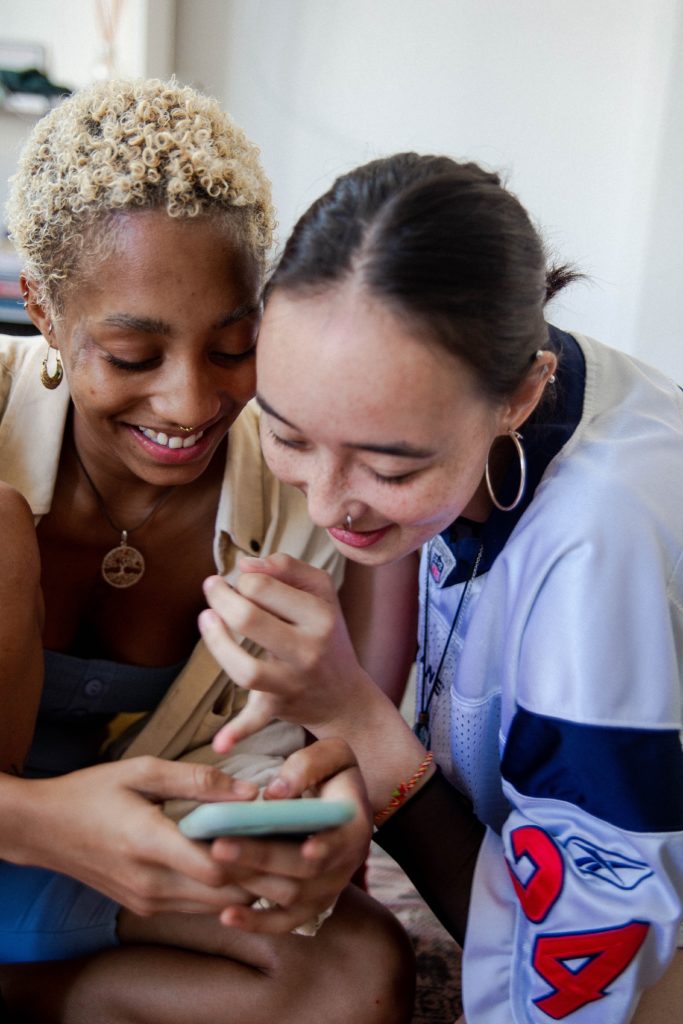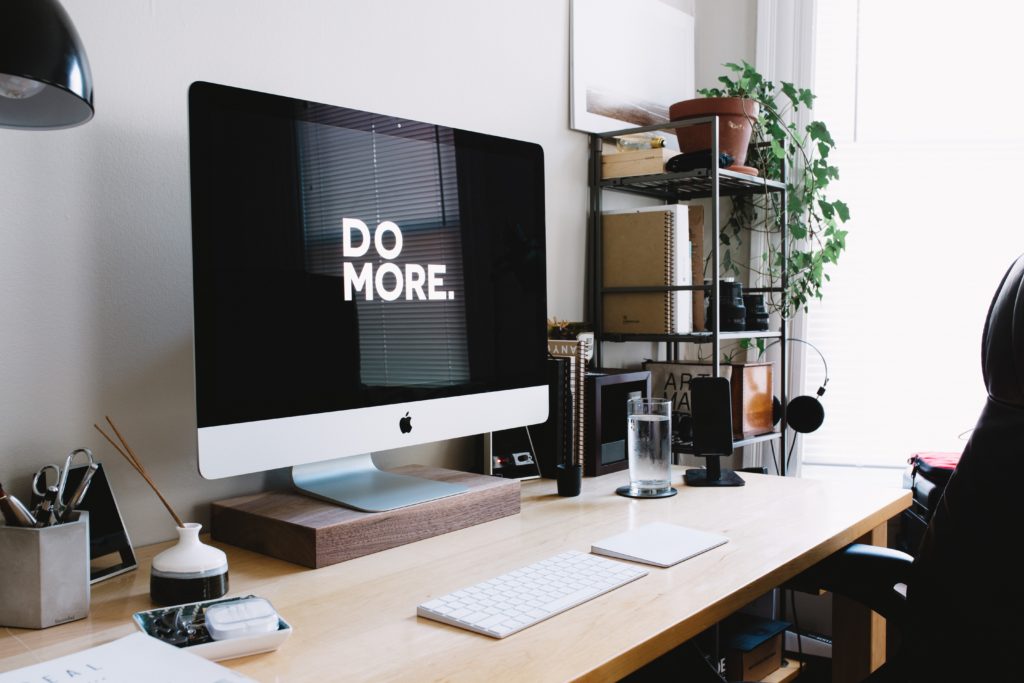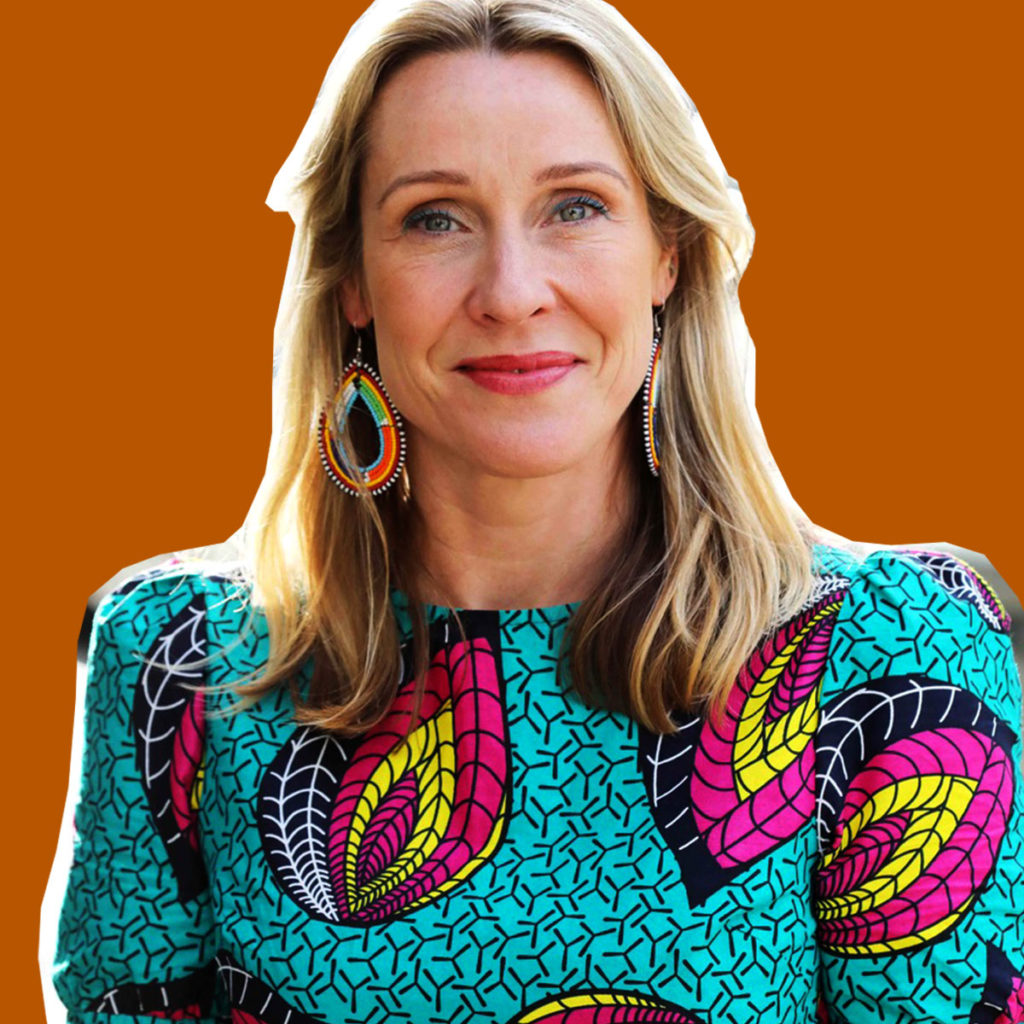
Enough Influencer Culture
For the better part of the past decade, I’ve felt like I’ve had two jobs, but have only actually been paid for one. If you went by my LinkedIn, I am a writer/editor with hundreds of bylines at some of the top publications in the country. But I’ve recently started to try to quit what has become my unintentional second job — social media. During a time where every editor is also expected to be an “influencer,” I am trying to be the anti-influencer. I don’t want to sell you anything. I just want to write, please and thank you.
The idea of an “influencer” is a recent one, and trying to define what an influencer is can be tricky. It’s a person with influence, sure. But in the social media age, influence is tied to money. The more followers a person has, the larger a captive audience they have to sell to. Brands see this, and dollar signs follow.
On the surface, this isn’t a bad thing. People who choose to cultivate their clout and become people of influence should be allowed to do that. I don’t take umbrage with the idea of influencer culture in general.
I take issue with the fact that my career now seems inextricably tied to how many Instagram followers I have — and I did not sign up for that.

Photo by Shingi Rice on Unsplash
At the beginning of my career in media, social media was still seen as something you did on your own time. I speak to colleagues who recall times where managing editors would ding them for checking Twitter during work hours.
The shift really started to happen a few years into my career. by the beginning of 2017, we were in the early manic phases of influencer culture. I was writing a sex and dating column at the time for Refinery29, and my picture ran along with every article. Slowly, but surely, my follower count started to tick up. Soon, I felt pressure from my company (and myself) to start interacting with my newfound followers to aid the success of my column.
My Instagram was no longer a place where I could share blurry pictures of my udon noodles or a post-gym sweaty selfie. I felt like it was where I had to brand myself, the space where I could only show a specific part of my life — whatever fit the persona of Maria Del Russo, sex and dating columnist. I’d share my dating columns, but I’d also share images of my “single and fabulous” life: brunches with friends, Sex and the City memes, sexy selfies that would eventually end up on my dating profile.

Photo by Carl Heyerdahl on Unsplash
Things got worse after I was laid off from Refinery29 in December of 2017. Instead of kicking my new-found “influencer” title, I felt more beholden to it. I went freelance, and found that job applications were asking for my Instagram account. I noticed that every time I would share a story that I wrote, that publication was more likely to hire me back for another piece. So I kept the mask on, and kept putting up the front.
It was the worst time of my life, mentally. My layoff had spiraled me into a deep, dark depression that caused me to stay in my apartment for days on end, crying about how my life was over. But I kept putting on a happy face on my social accounts, terrified that I’d lose followers, which would then translate into lost work for me.
It came to a head during a trip to Paris — a trip I thought I wouldn’t come back from. Instead of putting up the front, I posted about how depressed I’d been. My follower count ticked down, but those who stuck around applauded my efforts. I started to try to be more real on Instagram, and found that while it hurt my follower count, it did wonders for my mental health. So I flipped a switch, and opted to stop putting up the front.

Photo by Shingi Rice on Unsplash
COVID-19 kind of forced that same level of introspection on other editor/influencers. With nothing sexy to post about, most have slacked off, or have started posting authentically about how terribly they’re feeling. It’s created a much-needed shift in the industry. The pandemic has re-calibrated our garbage meters. We no longer want to lust over the things that others have that we can’t afford. We want to reach out and feel like others are struggling alongside us.
I’ve spoken to dozens of friends and colleagues in the industry who hope that this shift continues. They’ve stopped posting as often, focusing more on their mental health, and letting the work speak for itself. Job applications still ask for Instagram followers, and I know that if it were between me and someone with equal talent and more Instagram followers, they would get the job. But it’s kinda like dating — if a company’s priorities don’t align with mine, I don’t want to align myself with that company.
Maybe it’s a shift in our priorities as consumers. Maybe anti-capitalist sentiment has seeped into us to the point where we don’t want some random mom from the Midwest selling us pillows she bought from HomeGoods. Whatever it is, I think it’s the beginning of the death of the influencer/editor. May she rest in peace — and never return.




